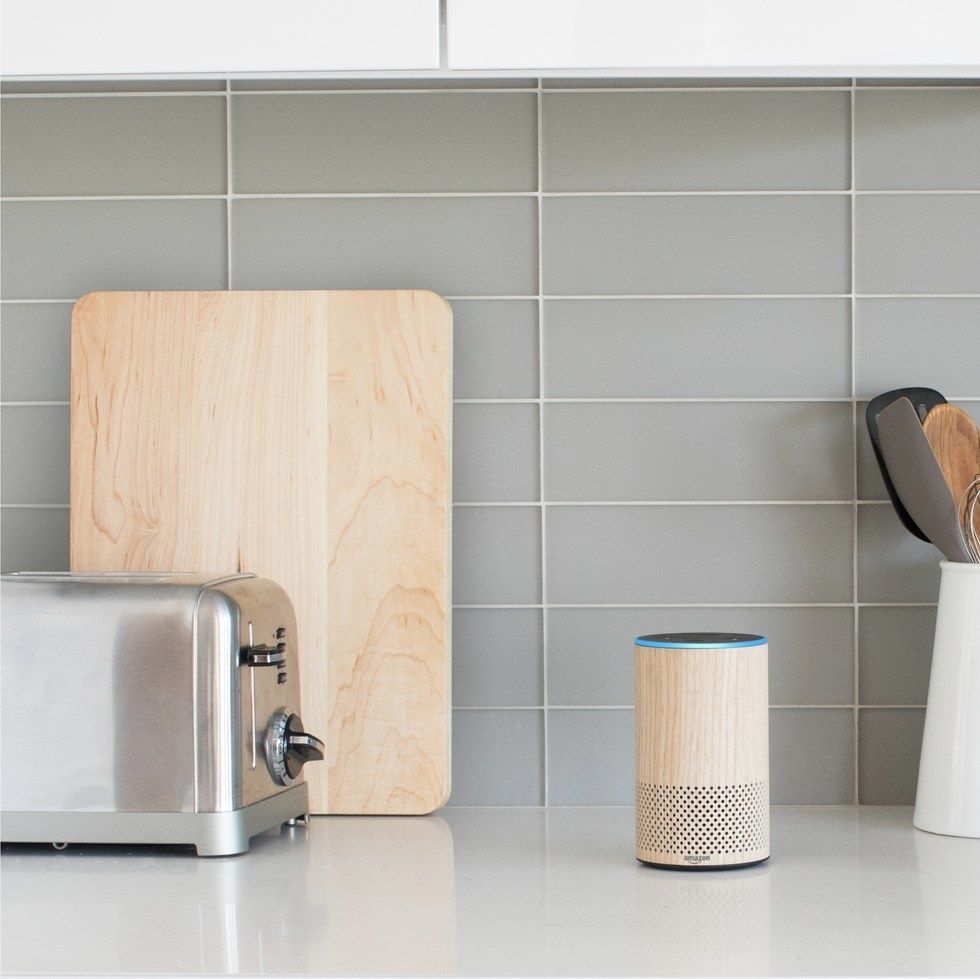Alexa tipped to get smarter and faster as Amazon works on own AI chips
The next generation of Echo smart speakers could be about to get much smarter, as Amazon is reportedly developing its own chip to power Alexa.
Following in the chip-designing paths of rivals Apple and Google, Amazon is claimed to be working on a custom processor to help Alexa become more intelligent, sound more natural, and even answer some questions without needing to connect to Amazon's server.
Currently, every time you speak to an Alexa product - like the Echo range, or the Sonos One - the assistant sends your question or request to Amazon's server, where it is quickly processed and an answer is sent back to the device. Without an internet connection Alexa currently cannot function at all, so being able to perform some tasks locally would speed up her reactions.
Speaking to The Information, an unnamed person familiar with Amazon's plans says the company is developing a chip designed specifically for artificial intelligence and to work in Alexa products like the Echo smart speaker range. The report claims: "The chip should allow Alexa-powered devices to respond more quickly to commands, by allowing more data processing to be handled on the device than in the cloud."
Obvious tasks which could be undertaken without access to the cloud include settings timers and alarms, cracking jokes and delivering the many Easter Eggs coded into Alexa's intelligence, but which require no outside information.
It may also be possible for Alexa to control some smart home devices directly, although this would depend on cooperation from manufacturers like Philips, August, Nest and others. Some devices, like Philips Hue lights, can operate without an internet connection (once they have been initially set up), so in theory an Echo device could interact with them using its own processor and connection to your Wi-Fi network, speeding things up.
It isn't clear when Amazon plans to launch Echo devices with its own AI chip, although it is likely that the company would use a third party to manage the production once the design has been finalized. The report suggests Amazon has been working to expand its processor-designing abilities since acquiring Israeli chipmaker Annapurna in 2015.
The news comes in the same week it was revealed why Amazon acquired smart home camera maker Blink for $90m. The company, which produces Alexa-compatible security cameras, has created energy efficient processors which mean its cameras can run for two years on a battery, and Amazon wants a piece of that ultra-efficient action.
Amazon launched its second-generation Echo in October 2017, three years after the first, so it could be a while yet before a new, smarter model arrives.
Check out these GearBrain guides to unlock new Alexa features:
- Amazon Echo: What are Alexa Smart Home Groups and how do I create them?
- How to set up a second Amazon Echo, and why your smart home should have more than one
- How to play music in several rooms at once with Amazon Alexa and Multi-Room Music
- Alexa Drop In: How to turn your Amazon Echo speakers into a home intercom system
- How to make Alexa go several things at once with Routines
- The GearBrain: What works with Amazon Alexa
Check out The GearBrain, our smart home compatibility checker to see the other compatible products that work with Amazon Alexa.
